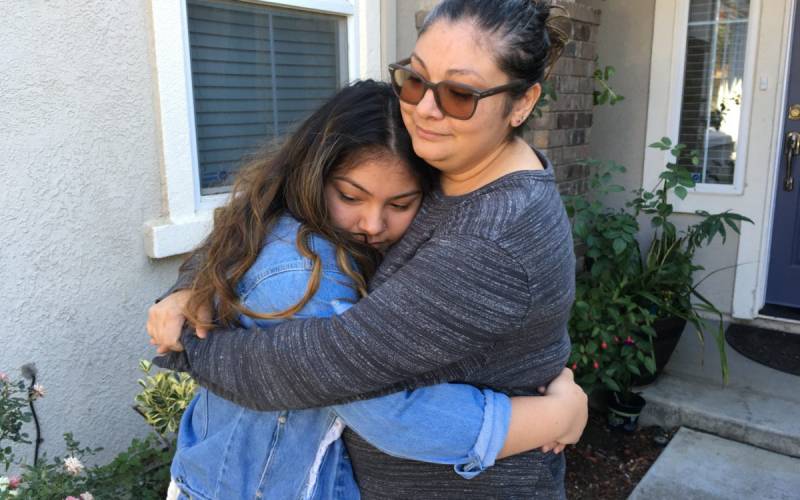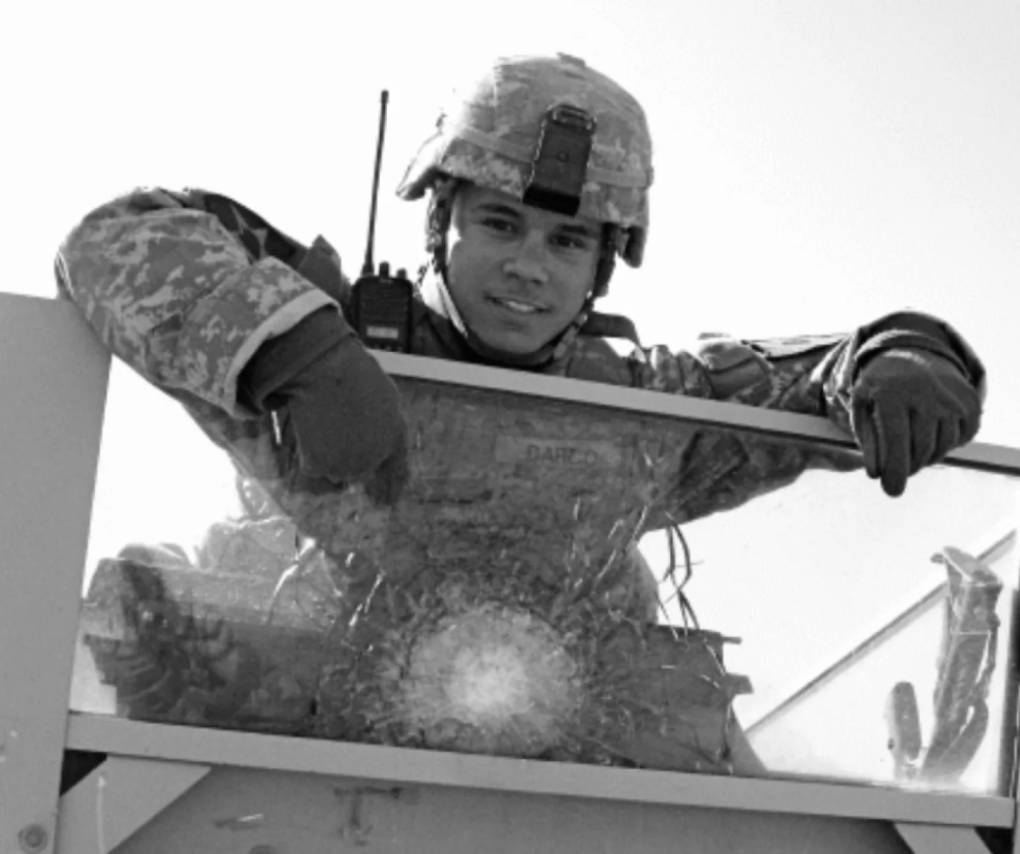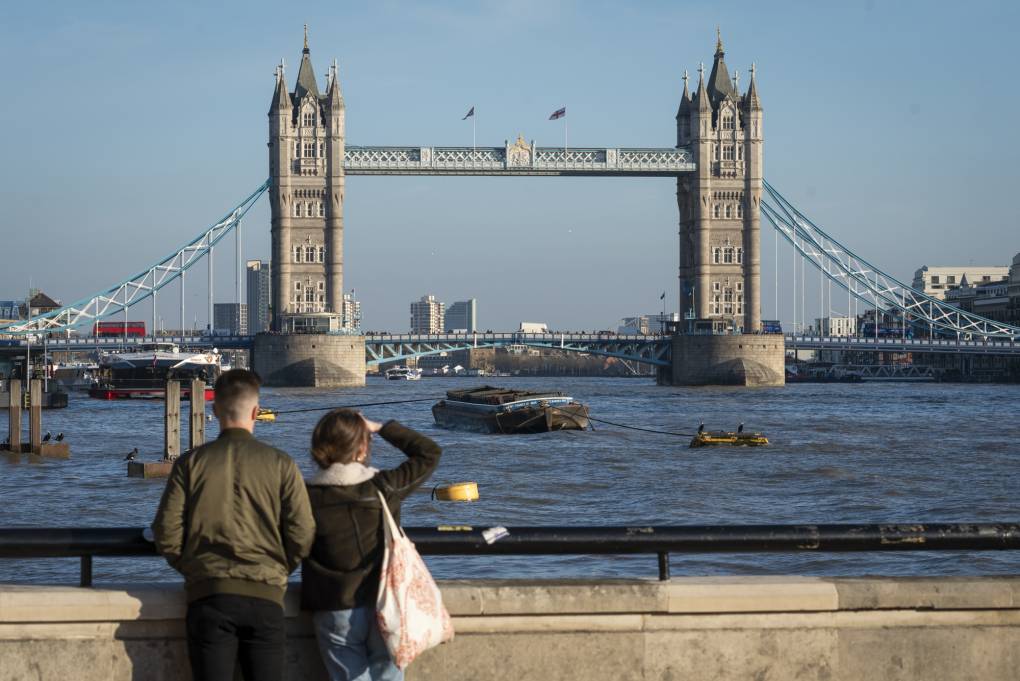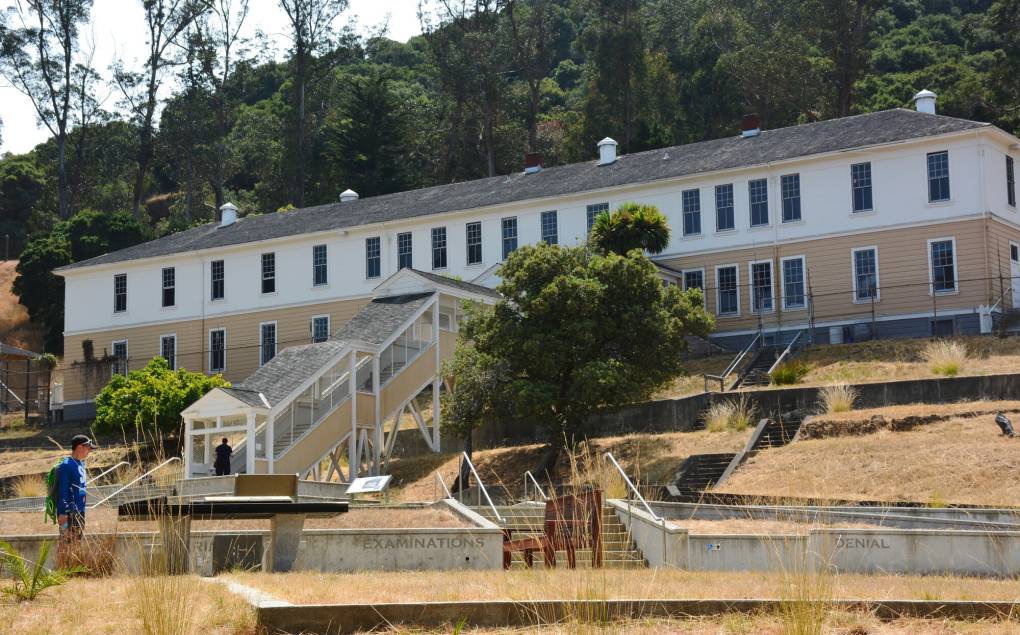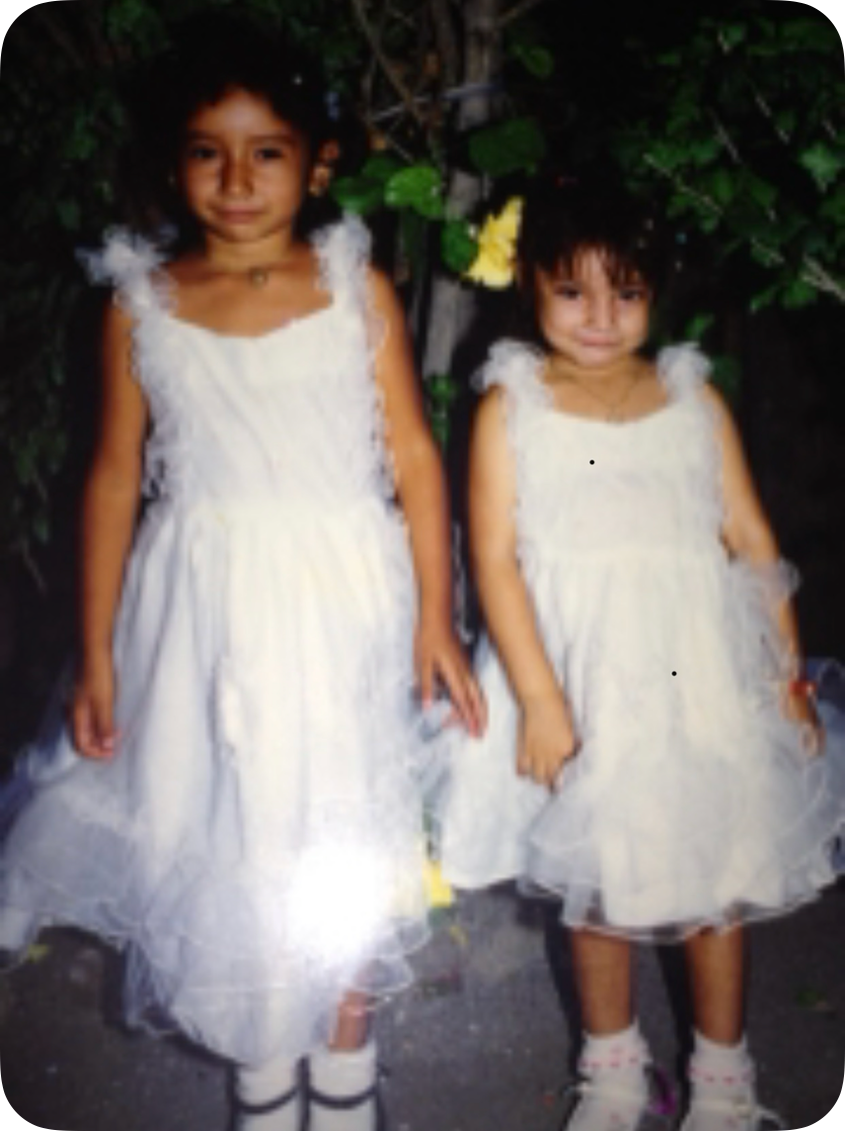Right now, the two live together in California’s Central Valley with their extended family — Garcia’s sister and her two children, Garcia’s other sister and brother and their parents. During the week, Garcia commutes daily to the San Francisco Bay Area for work. On the weekends, she spends most of her time with Guadalupe. They often walk her 2-year-old cousin to the local park, where he climbs up and down the play structure, calling for “Tita,” his nickname for Guadalupe, to chase him.
The tight-knit feeling, the family support — it all feels like it could change in an instant for Garcia and her daughter. The Supreme Court may not make a final decision on DACA until June. But the possibility of being separated from her mother already feels real to Guadalupe, already makes her anxious.
Afraid she might lose her DACA status after Trump became president, Garcia drew up notarized papers making her younger sister, who is a U.S. citizen, the legal guardian of Guadalupe, in case she is deported.
“The whole atmosphere we’re creating, that somehow it’s OK to threaten to split up a family, is devastating to a kid,” said Ted Lempert, president of Children Now, an advocacy organization based in Oakland that also signed on to the statement submitted to the court. “That uncertainty and fear has a huge impact on a kid’s health and well-being.”
That assertion is backed up by research that says that when children live with the fear of a parent’s deportation, they are more likely to experience anxiety and depression and perform poorly in school or drop out.
Guadalupe has plans to attend Cal State Fullerton after high school, then go to medical school in New York. She wants to be a pediatrician. Her mom is proud of her daughter’s dreams. Garcia said she also had good grades in high school, until she realized what it meant that she was undocumented.
“I didn’t think I could go to college, and I kind of like gave up,” Garcia said. “I was a good student, I had good grades, I had a really good GPA. I felt like I hit a wall and I couldn’t go or do anything when I realized I was an [undocumented] immigrant.”
